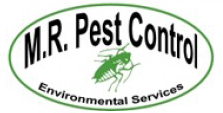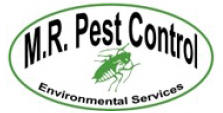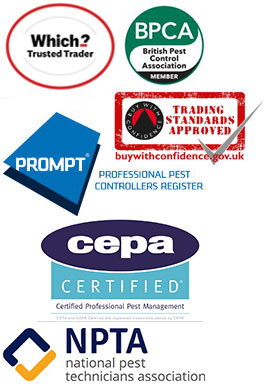One must consider the health and well-being of staff is the most important thing, but there are also other reasons why professional pest control cannot be dispensed with.
One is related to the care of the facilities since various organisms affect the wood, as in the case of termites. In this case, the foundations can rot and cause serious damage.
When this situation is too advanced, large amounts of money must be invested in replacing entire installations. Causing serious economic loss as construction work has to be done, furniture has to be replaced and even the building has to be vacated and work days are lost.
What it means to cohabit with microorganisms, insects, or rodents?
HEALTH RISKS
All pests are potential contaminants and transmitters of diseases that, in many cases, can be extremely serious. A poorly sealed crack, a clogged drain, an accumulation of rubbish, or poor hygiene in a given facility can be the entry valve for insects or rodents to buildings inhabited by man. Let’s consider that these animals carry pathogenic microorganisms on their skin, legs, and digestive system, which they will later deposit as infectious agents on food and utensils that are used by man. The risk to people’s health is evident.
ECONOMIC DAMAGES
The economic losses derived from the appearance of termites in buildings are estimated annually at millions of euros. Other xylophagous organisms, such as woodworm, cause great damage to museums, works of art, tapestries, or insects or pigeons, whose presence in urban cases causes the deterioration of architectural heritage.
PSYCHOLOGICAL DAMAGES
The lack of hygiene in any building creates deterioration of work relations, whose most common manifestations are panic, physical and psychological discomfort, and the consequent loss of productivity.
A Pest Control Company can help reduce the risks and diseases caused by insects.
Why contact a pest control company?
- Every time the presence of pests in homes or workplaces is detected, some people have the impulse to solve it personally and quickly.
- Usually, these people would buy an insecticide in the nearest supermarket to the premises and apply it arbitrarily.
- Perhaps this treatment does not give the expected result since the plague is still in the same place before the helpless gaze.
Advantages of consulting a pest control company.
- Good diagnosis of the problem.
- Identification of pest in question.
- Having the necessary experience.
- Utilization of machinery and equipment to deal with any related situation.
- Application of professional products of low toxicity, effective, and quality-approved.
- Demonstration of solution without wasting time.
- Fair prices of the service.
- Follow up on the problem.
- Effective processes for each pest.
Pest control professionals
Pest control company workers investigate the presence of pests and parasites that are dangerous to public health or cause harm, set traps and baits to eradicate pests, and treat infested areas.
Pest Control Worker Duties
They inspect facilities and review reports (e.g., from landowners or the public) to identify the source of the infestation, pest ingress, extent of ground damage, access to infested sites, etc.
- Set the treatment required to eradicate pests and parasites.
- Measure the area that requires treatment, calculate fumigation needs, and estimate the cost of the service.
- Post warning signs and close facility doors to secure the area to be fumigated.
- Place traps and baits, and fumigate and disinfect areas by spraying or dusting chemical solutions, powders, or gases to eliminate pests.
- Return to sites to examine traps and whether pests continue to be present.
- Dispose of dead and captured animals, and handle and store pesticides, following correct procedures.
- Clean the workplace after finishing work, and protect the area to prevent the return of pests.
- Advise landowners of lines of action to prevent the return of pests.
- Work with environmental health officials, housing officials, and other relevant authorities where large-scale measures to eliminate pests are required.
- Keep a record of activities carried out and complete reports.






